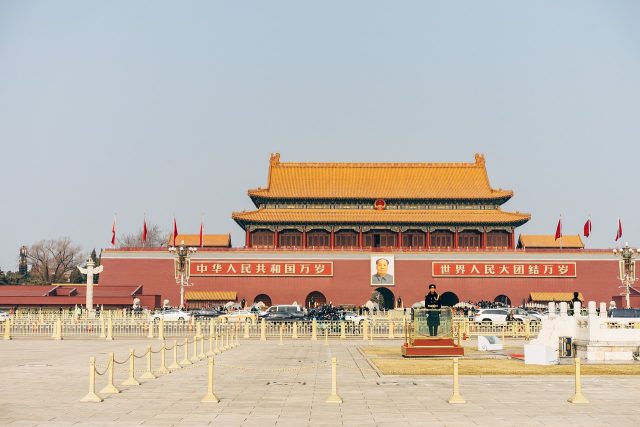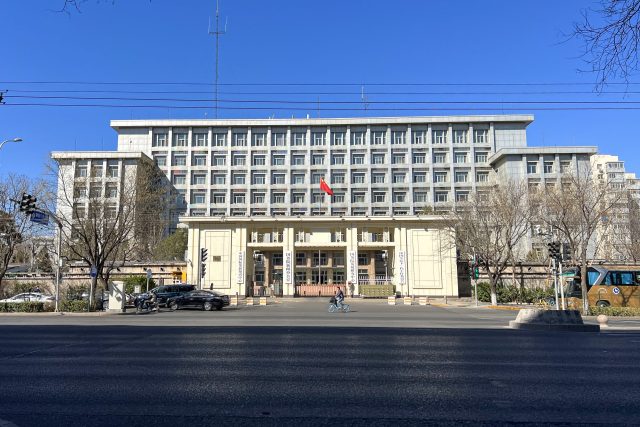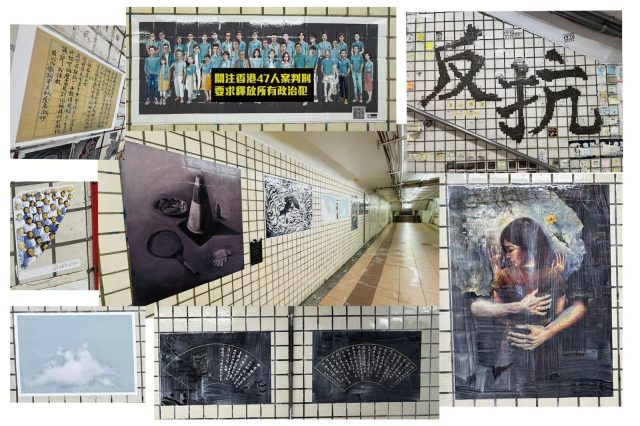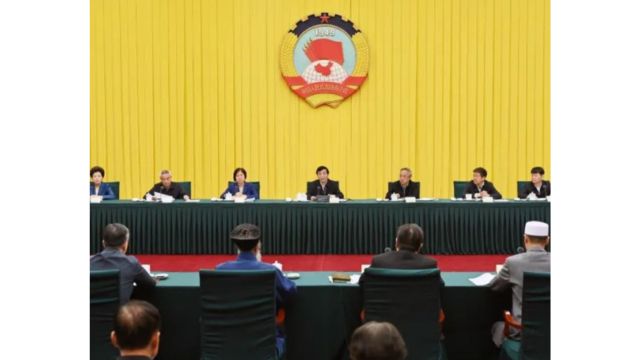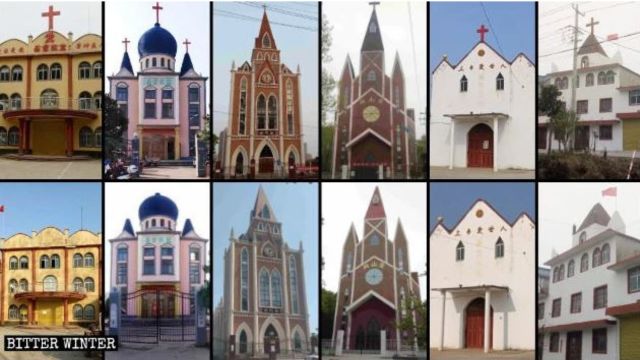Their supply chains include critical minerals for the extraction of which forced labor is massively used.
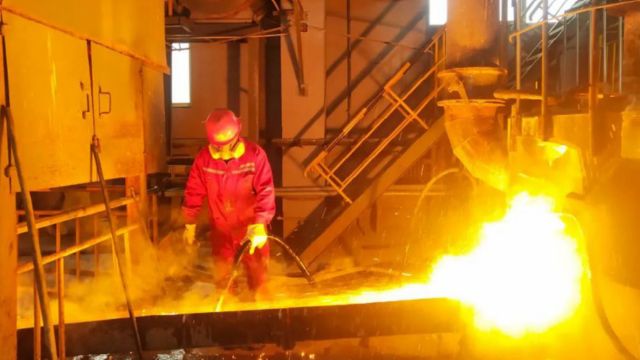
On June 11, Global Rights Compliance, an international human rights organization, published a comprehensive 77-page report revealing significant connections between Western corporations and China’s critical minerals sector in the Xinjiang Uyghur Autonomous Region (which its non-Han inhabitants prefer to call East Turkestan). This region is deeply linked to state-sanctioned slave labor practices.
This marks the first thorough attempt to map the links between leading Western corporations and forced labor within the critical minerals sector specific to the Uyghur Region. The minerals are essential for various high-tech and other industries, including electronics, aerospace, energy, and defense.
Over eighteen months, the research team conducted an in-depth analysis of supply chains for essential minerals such as titanium, lithium, beryllium, and magnesium. The investigation drew on various sources, including Chinese policy documents, governmental shipping records, academic publications, and investigative journalism.
This investigation into China’s critical minerals industry follows previous revelations of forced labor in other sectors, such as tomato purée production. The report identifies at least 68 multinational companies, including well-known brands like Coca-Cola, Costa Coffee, Starbucks, and Walmart, with supply chains connected to products manufactured under forced labor conditions.
China plays a vital role in the global critical minerals landscape, dominating the extraction, processing, and manufacturing sectors. In 2024, it was reported as the leading producer of thirty out of forty-four crucial minerals.
The Xinjiang region has experienced a remarkable increase in trade activity, surging by 21.8% to a staggering USD 59.98 billion in 2024. The report shows that Western economies are becoming increasingly dependent on minerals sourced from this region, with notable increases in imports to the US and UK.
Additionally, the investigation identifies seventy-seven companies in the critical minerals sector operating in the Uyghur Region, with fifteen firms sourcing directly from there in the past two years. Given China’s strategic obfuscation of supply chains, the number of implicated companies is likely much higher.
Experts featured in the report emphasize the systemic repression of Uyghur citizens, characterized by mass surveillance, internment, imprisonment, and forced labor practices.
The report details the extreme conditions endured by Uyghurs, including forced labor transfers and severe repercussions for noncompliance. The UN Special Rapporteur on contemporary forms of slavery has classified this system as a variant of state-mandated forced labor, potentially amounting to crimes against humanity.
Among the companies cited in the report is Xinjiang Nonferrous, a lithium processor, which has been added to the US government’s Uyghur Forced Labor Prevention Act list due to its documented involvement in forced labor practices.
The report advocates for systemic responses from Western governments and businesses to challenge China’s growing dominance over critical minerals and the severe human rights abuses against the Uyghurs. It encourages legislative measures aimed at disclosing and addressing exposure to forced labor within supply chains.
The report strongly urges Western companies to carefully trace their supply chains and confront any associations with forced labor. Furthermore, it calls on Western governments to take immediate and decisive action against the ongoing human rights violations occurring in the Uyghur Region while advocating for a reduction in reliance on Chinese critical minerals.
Source: Bitter Winter



